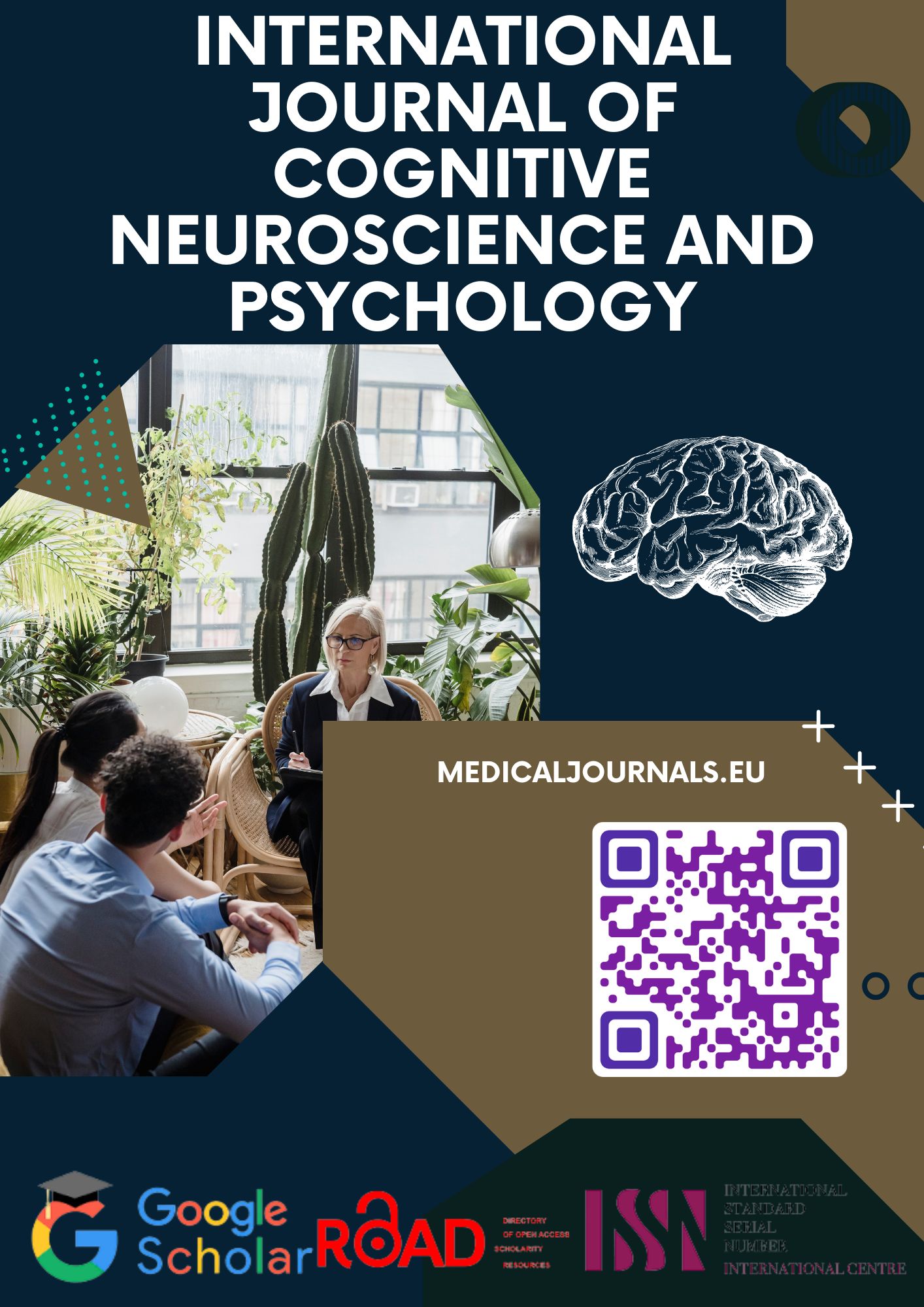SELF-DIRECTED PLANNING SKILLS AND LEARNING OUTCOMES OF ADOLESCENTS IN SECONDARY SCHOOLS IN THE SOUTHWEST REGION OF CAMEROON
Keywords:
Self-Regulated Learning Skills, self-directed planning skills, Learning Outcomes and AdolescentsAbstract
This study investigated “the relationship between self-directed planning skills as a correlate of self-regulated learning skills and learning outcomes of adolescents in secondary schools in the Southwest Region of Cameroon. By failing to employ self-directed planning skills and metacognitive strategies in learning, learners may become more passive than active participants in a community of learners who should be engaged in meaning making in the learning process. The main objective of this study was to investigate the relationship between self-directed planning skills as a correlate of self-regulated learning skills and learning outcomes of adolescents in the south West Region of Cameroon. Two research designs were adopted for this study. The descriptive survey design with a structured questionnaire as the main research instrument and a quasi-experimental research design were used for this study. To answer the questions raised, copies of the questionnaire were administered to a sample of 451 participants; and data from them were analyzed using the triangulation approach and findings established. The data derived were subjected to descriptive and inferential statistical analysis using the Statistical Package for the Social Sciences (SPSS) Version 20.0. Based on the analyses carried out, findings showed that; there exist a significant relationship between self-directed planning skills and learning outcomes among adolescents (r= 0.120, n = 451, p< 0.05). Though the relationship between self-directed planning skills as a correlate of self-regulated learning skills and learning outcome is weak, the correlation coefficient is positive for all the different aspects of learning and overall, it is statistically significant (r = 0.120; p=0.010) at the 95% confident level. This significant value clearly shows that there is a significant relationship between self-directed planning skills as a correlate of self-regulated learning skills and learning outcomes of students. It was therefore recommended that teachers and educators should strive as much as possible to help learners to develop their self-regulated learning skills so as to improve upon adolescents’ learning outcomes. Teachers should guide students on how to plan their studies especially when it comes to classroom discussions, transfer of learning as well as trying new things. Teachers should be flexible during lesson delivery and make sure they teach both metacognitive strategies, content and self-regulated learning skills to students in order to empower them to be autonomous life-long learners. Base on this, teachers should also guide students on how to plan their studies in terms of time, space and leaning strategies.
References
Azevedo, R. and Cromley, L. G. (2006). Does training on self-regulated learning facilitate students’ learning with hypermedia? Journal of Educational psychology, 96, 523-535.
Chang, M. (2005). Applying self-regulated learning strategies in a web-based instructions: an investigation of Motivation perception. Computer Assisted Language learning, 18(3), Pearson Education.
Chui, C. W. T. (1998). Synthesizing met a cognitive interventions: What training characteristics can improve reading performance? Paper presented at the annual meeting of the American Educational Research Association, San Deigo, CA
Cleary, T. J. and Zimmerman, B. J. (2004). Self-regulation empowerment program: A school-based program to enhance self-regulated and self –motivated cycles of student learning. Psychology in the schools, 41, 537-550.
Doljinac, R. F. (1994). Using motivational factors and learning strategies to predict Academic Success. Dissertation Abstract International, 56(01), 142A (UMI No. 9513340).
Elliot, A. J. (2010). A conceptual history of the achievement goal construct. In Elliot, A. J. and Dweck, C. S. (Eds.), Handbook of competence and motivation (52-72). New York: Guilford Press.
Long, E. T. (2012). Self-regulated learning and their effects on maths performance of pre-university international students in Malaysia. Journal of Education and Vocational Research, 3(3), 89-96.
Ness, B. M. and Middleton, M. J. (2011). A framework for implementing individualized self-regulated learning strategies in the classroom. Intervention in school and clinic, 47 (5), 267-275.
Pintrich, P.R., Smith, D. A. F., Garcia, T. and McKeachie, W. J. (1991). A manual for the use of the Motivated Strategies for learning Questionnaire (MSLQ). Ann Arbor, MI: University of Michigan.
Ryan, R. M., Connel, J. P. and Deci, E. L. (2002).A motivational analysis of self-determination and self-regulation in education. In Ames, C. and Ames, R. (Eds.), Research on motivation in Education (vol. 2, pp. 13-52). New York: Academic Press.
Schneider, B. & Stevenson, D. (1999). The Ambitious Generation: America's Teenagers, Motivated but Directionless. Yale UP.
Schunk, D. H. (2006). Learning theories: An educational perspective. 5th ed. Upper Saddle River, New Jersey: Pearson Education Inc.
Wang, M. T. and Holcombe, R. (2010). Adolescents’ perception of school environment, engagement, and academic achievement in middle school. American Educational Research Journal, 47(3), 633-662.
Zimmerman, B. J. & Martinez-Pons, M. (1988). Construct validation of a strategy model of a student self-regulated learning. Journal of Educational Psychology, 80(3), 290-294.
Zimmerman, B. J. & Martinez-Pons, M. (1988). Construct validation of a strategy model of a student self-regulated learning. Journal of Educational Psychology, 80(3), 290-294.
Zimmerman, B. J. (2002). Achieving self-regulation: The trial and triumph of adolescence. In Pajeres, F. and Urdan, T. (Eds.), Academic motivation of adolescents (1-28). Greenwich, CT: Information Age.
Zimmerman, B. J. (2002). Becoming a self-regulated learner: An overview. Theory into practice, 41(2), 62-71.







